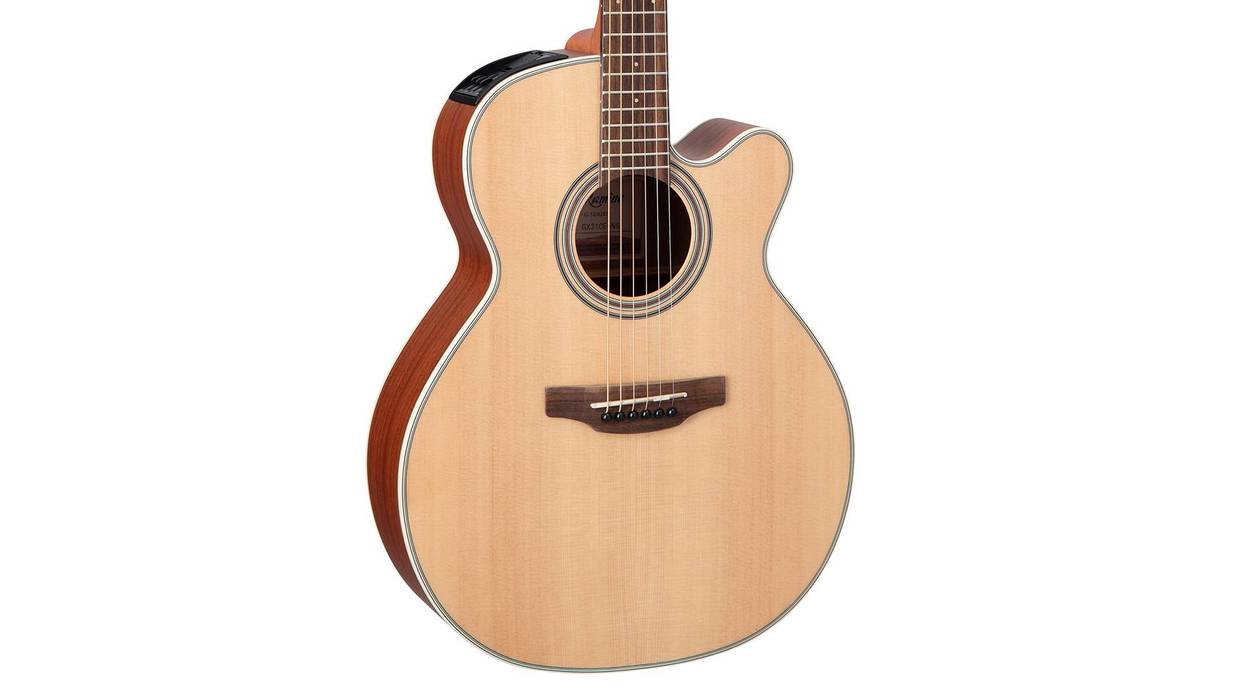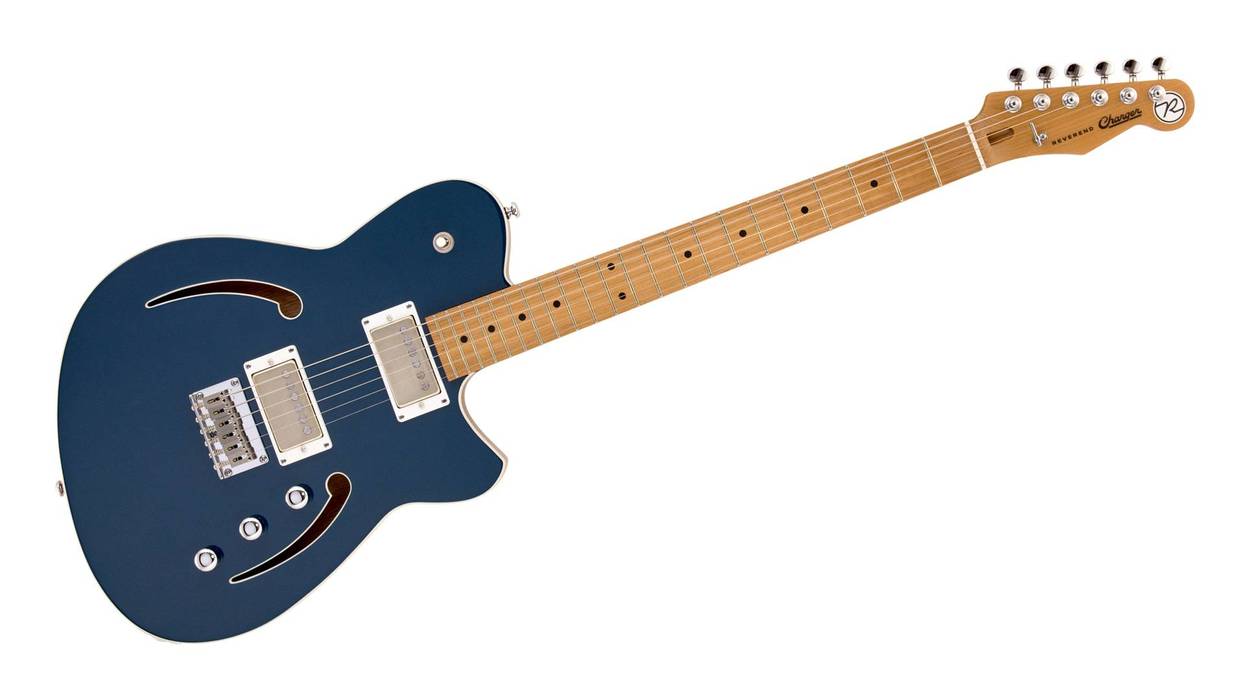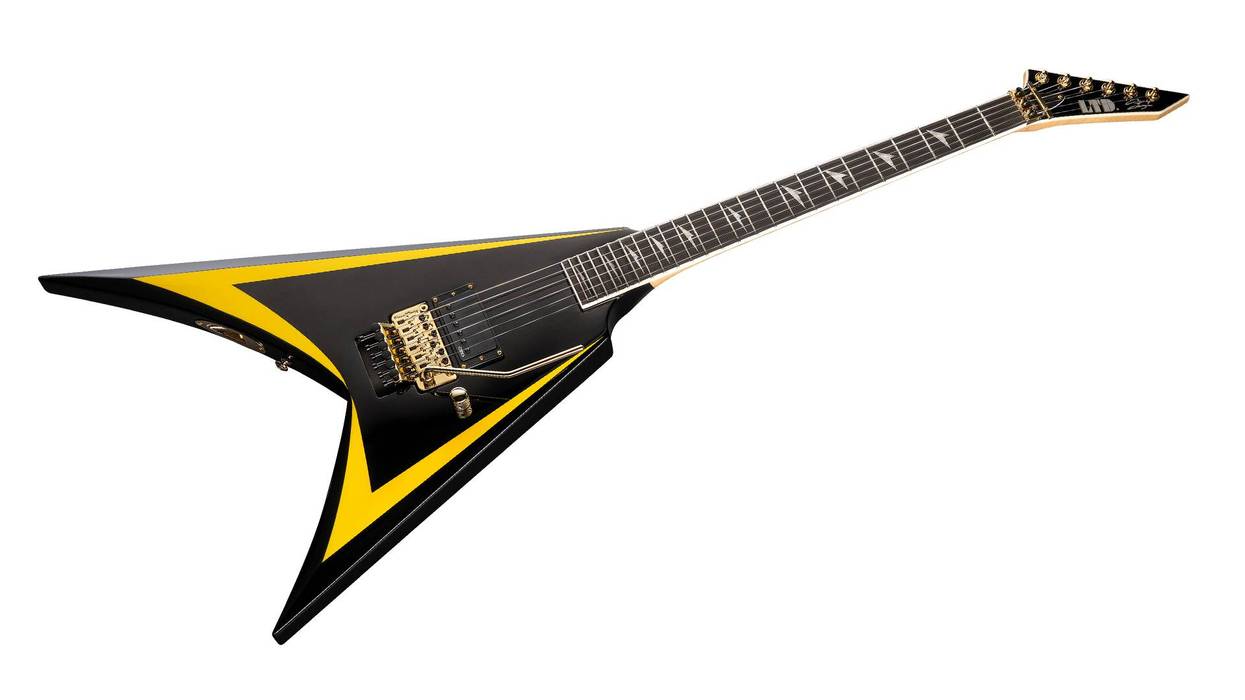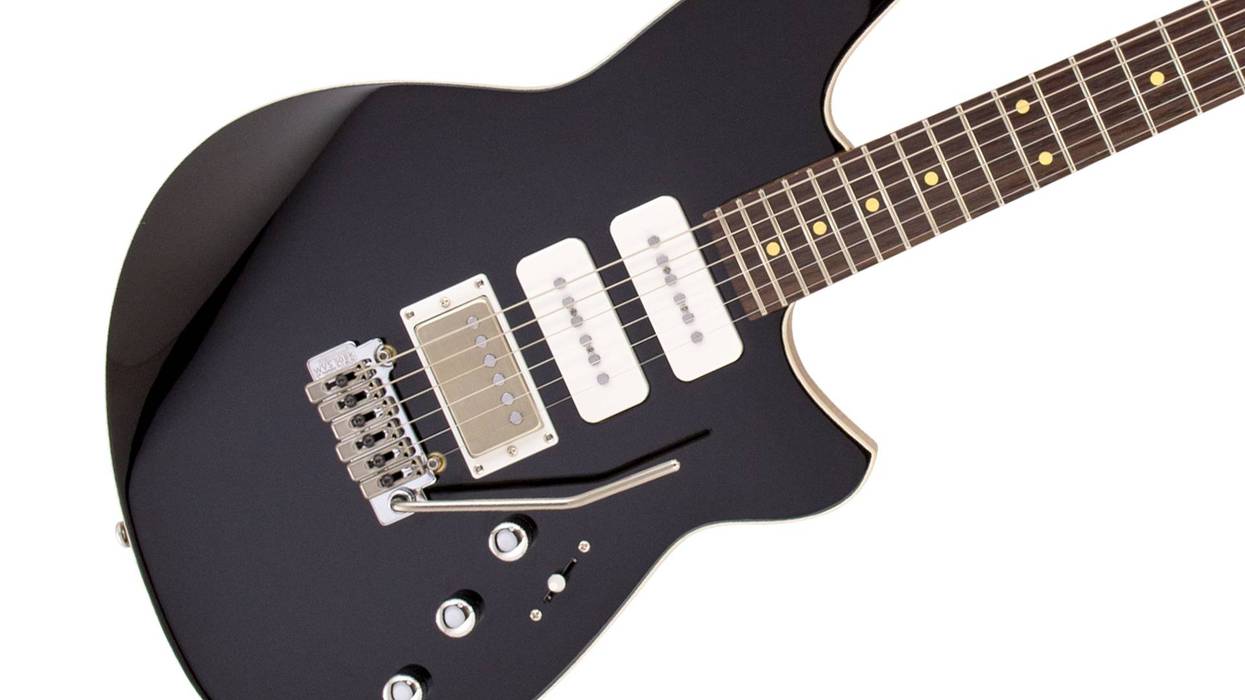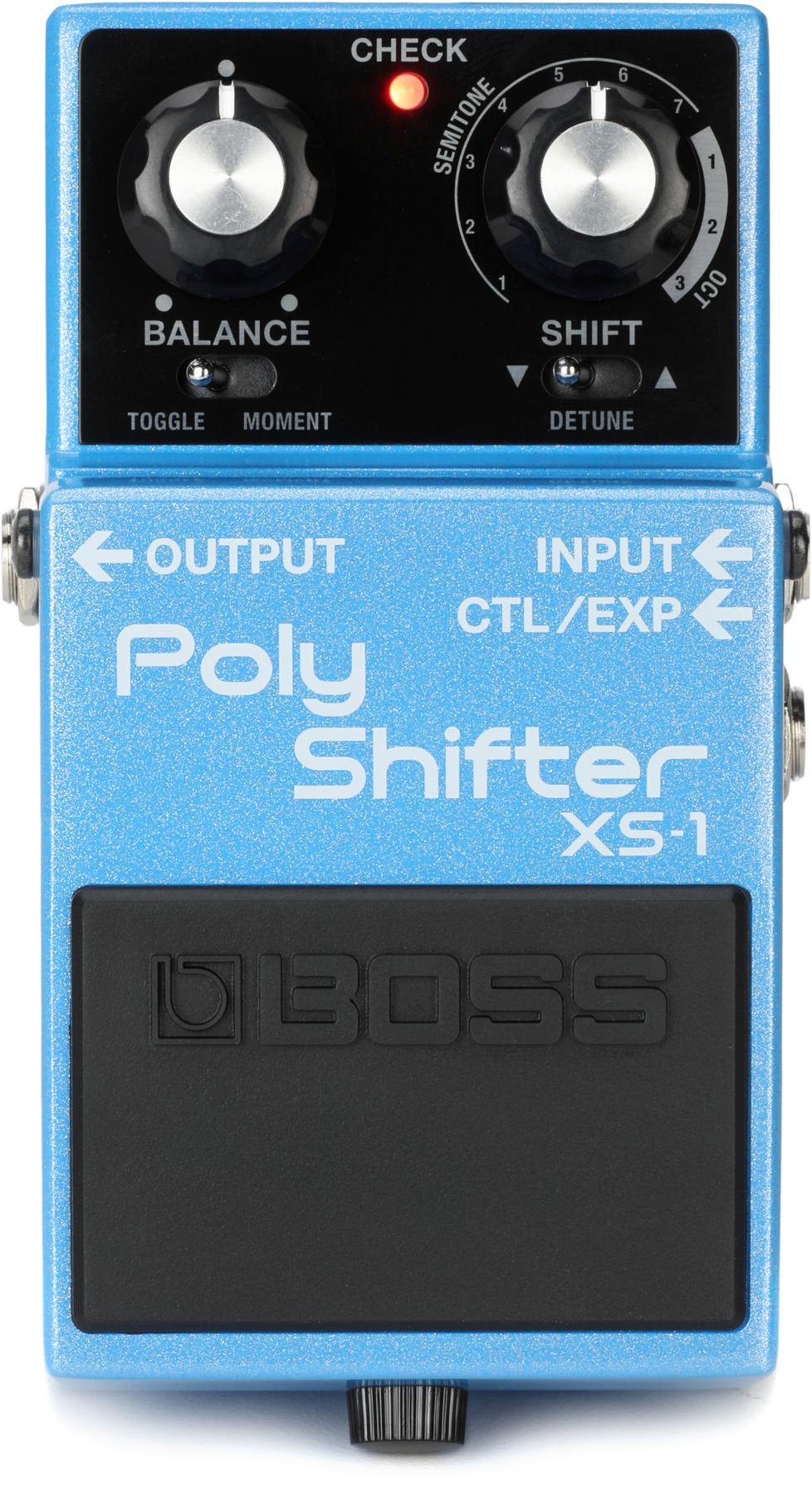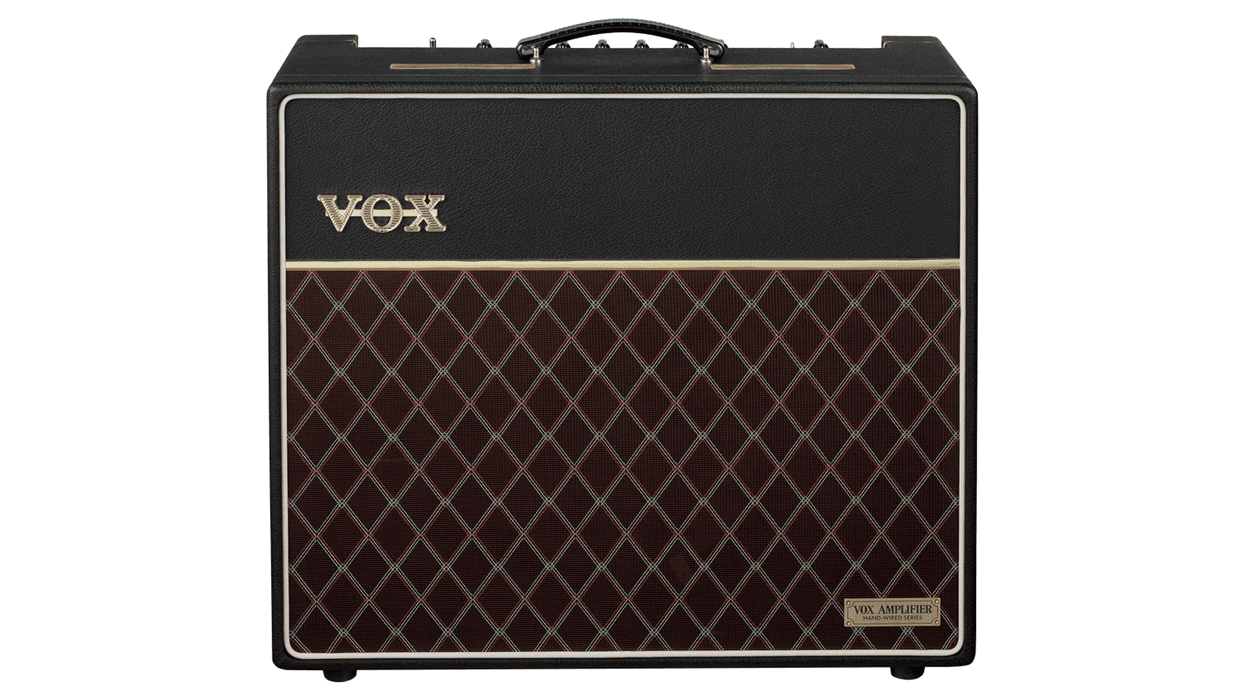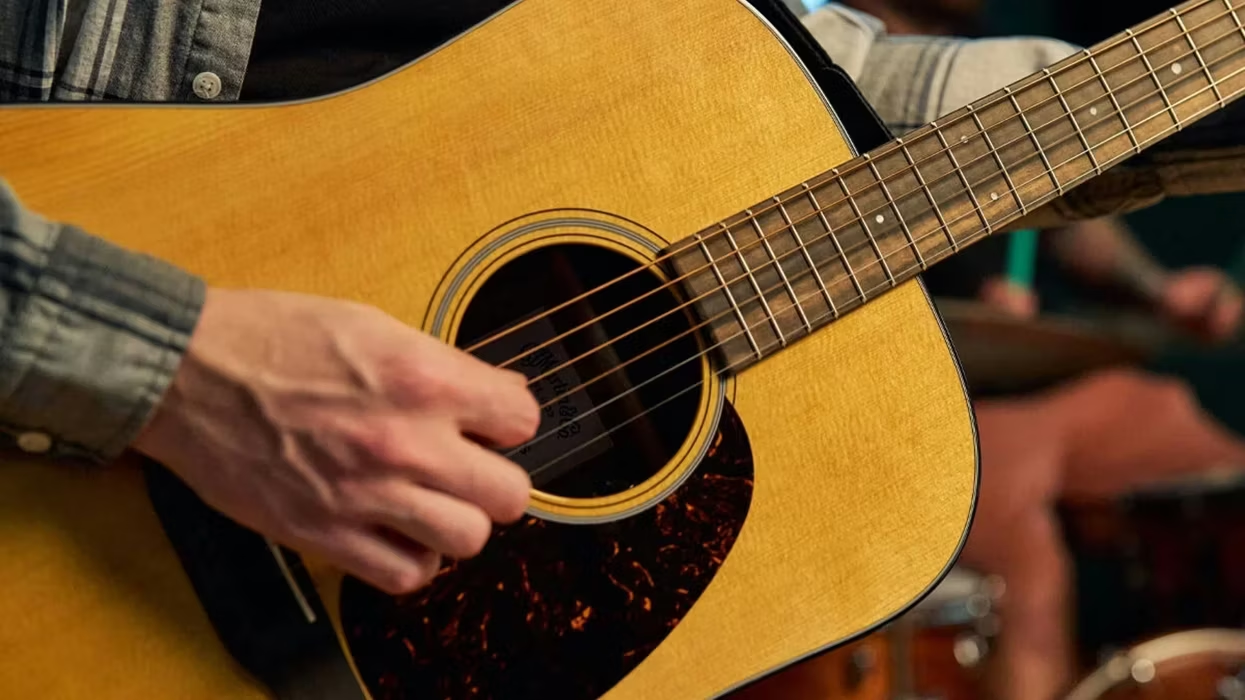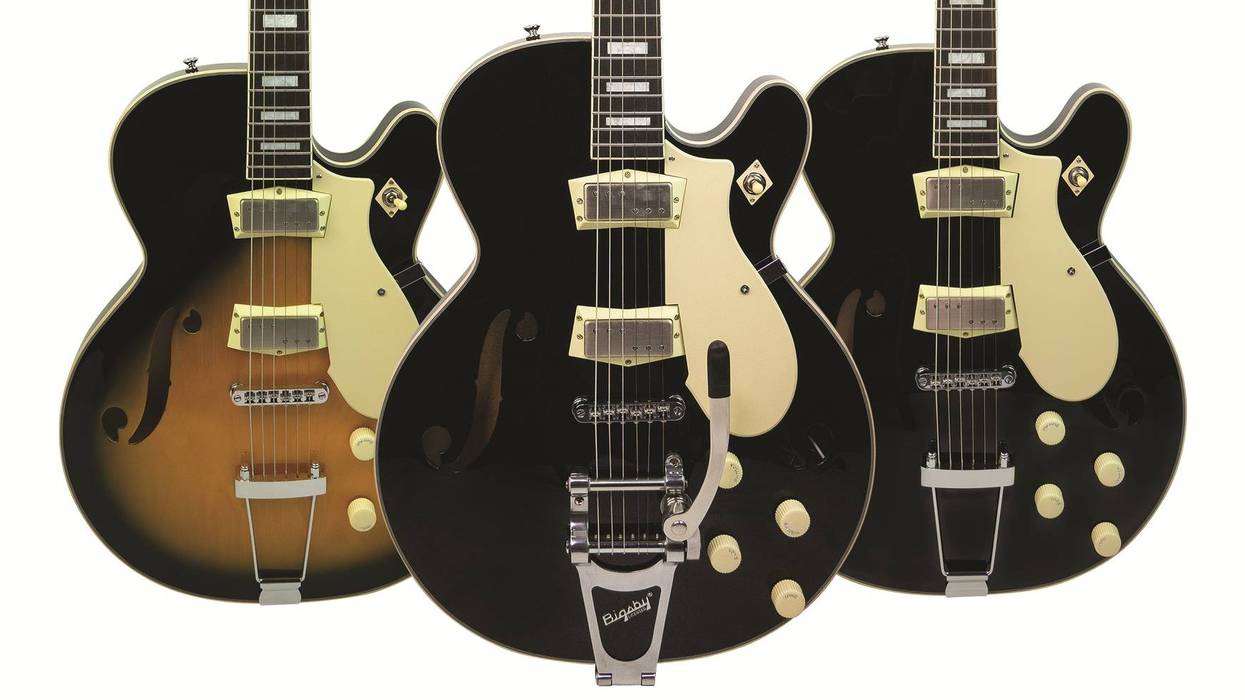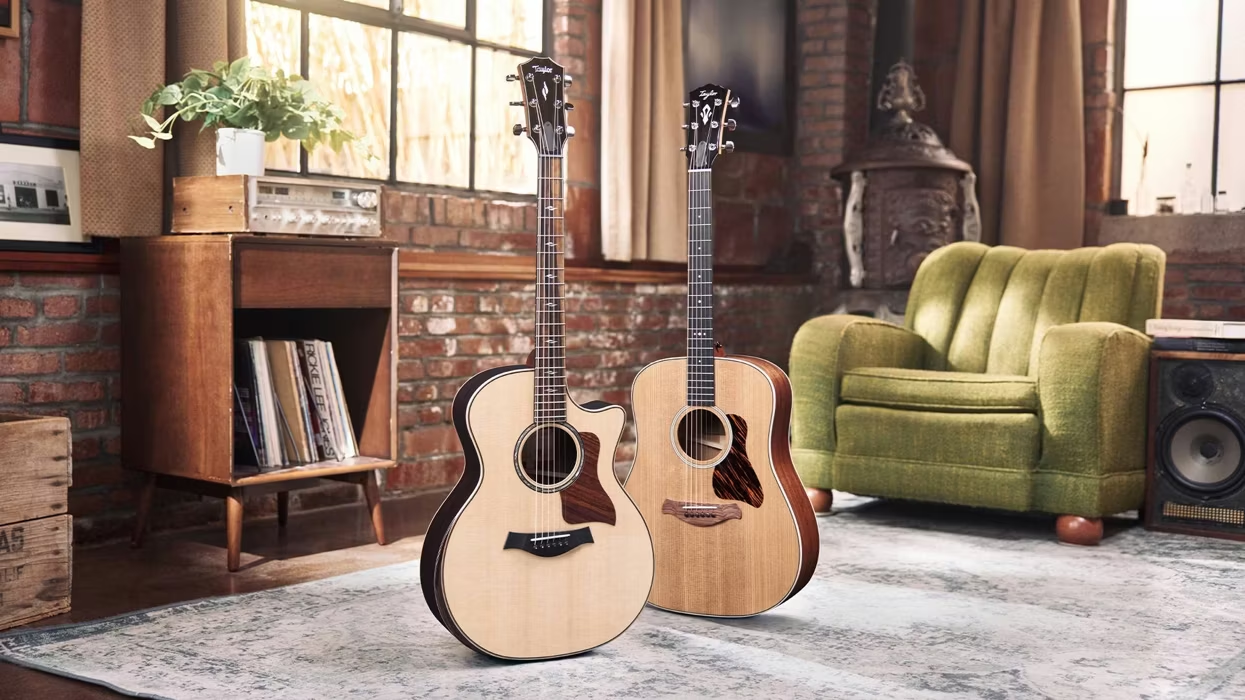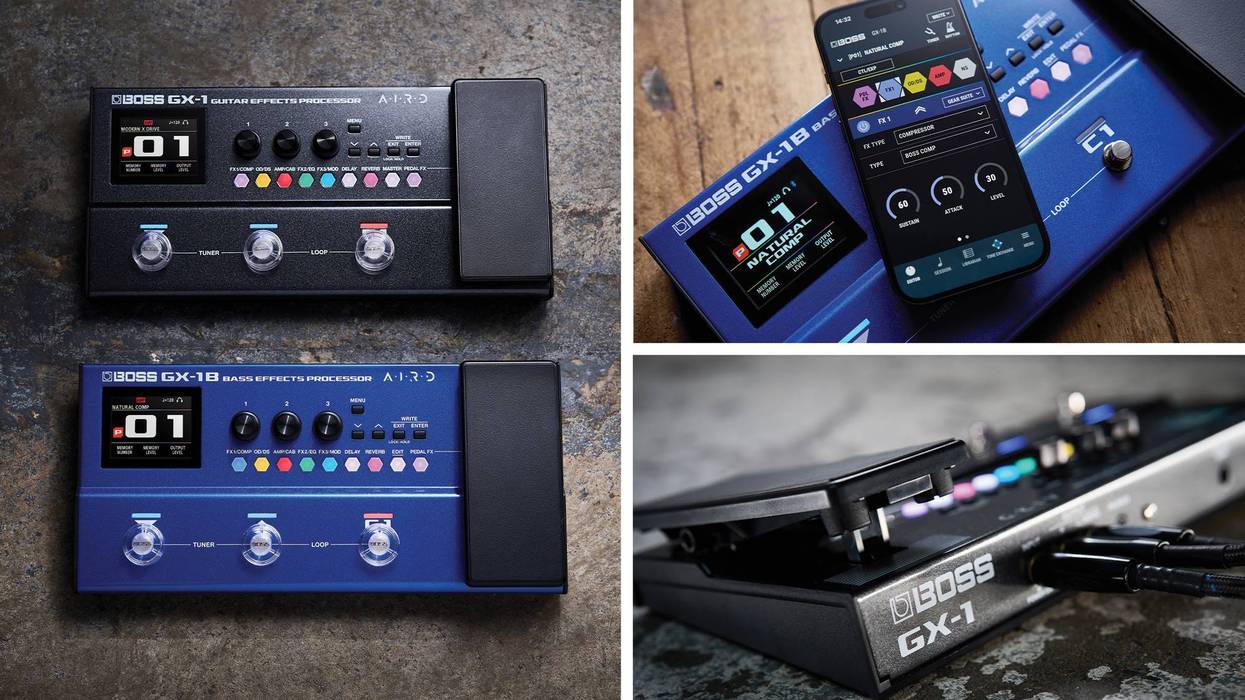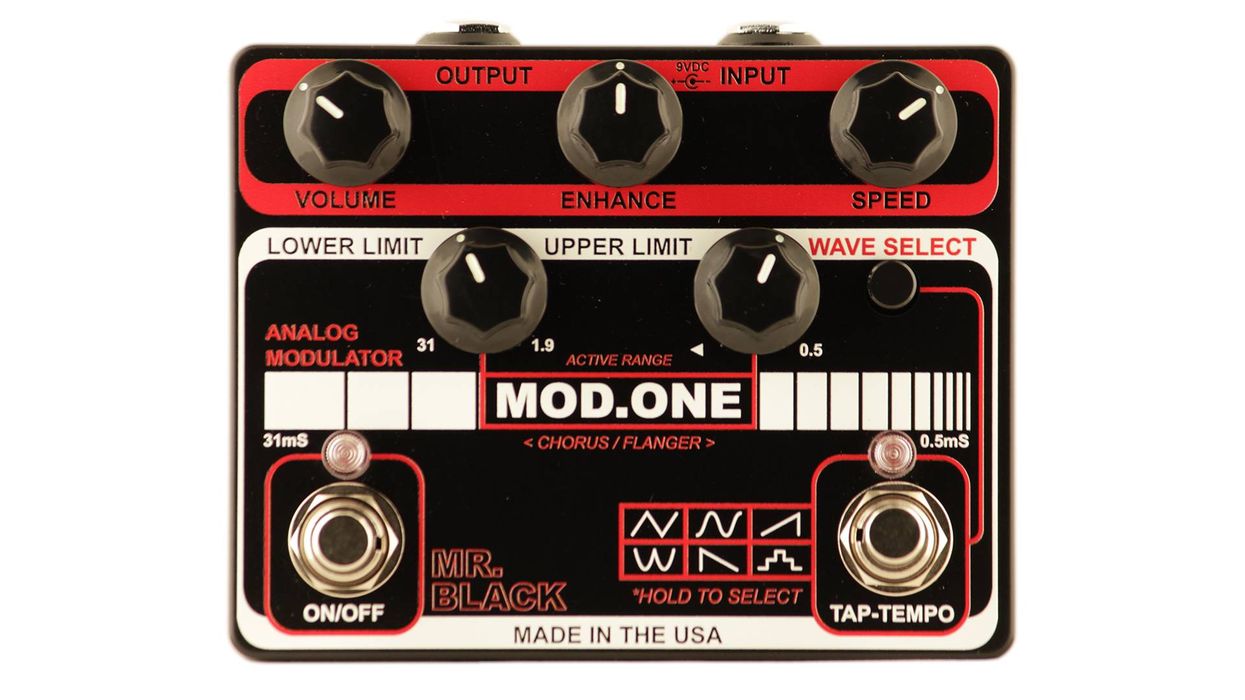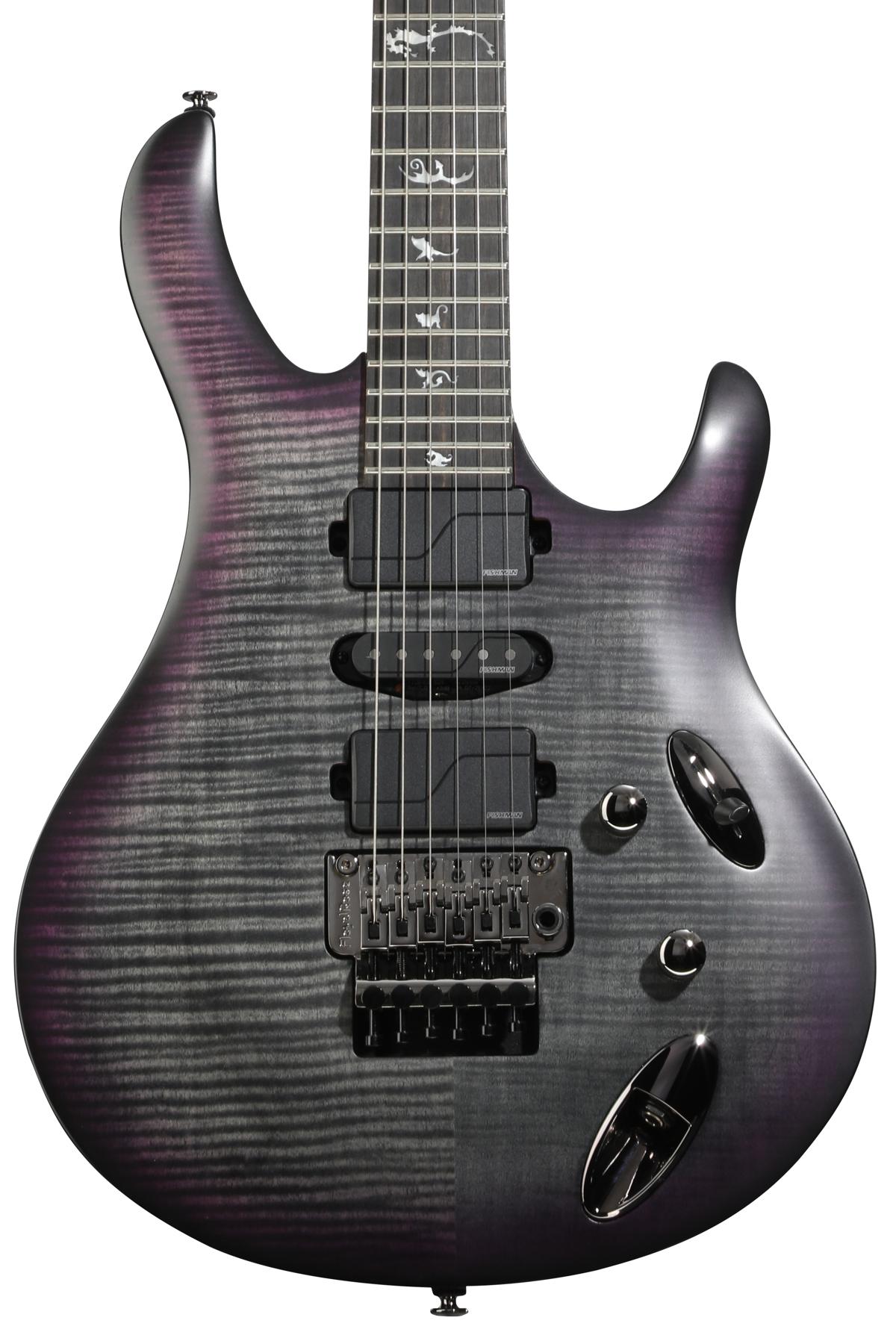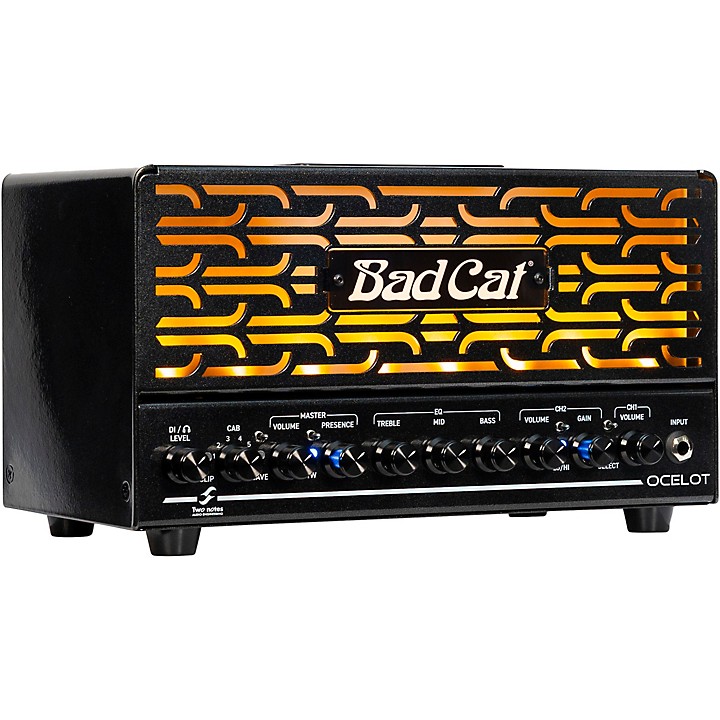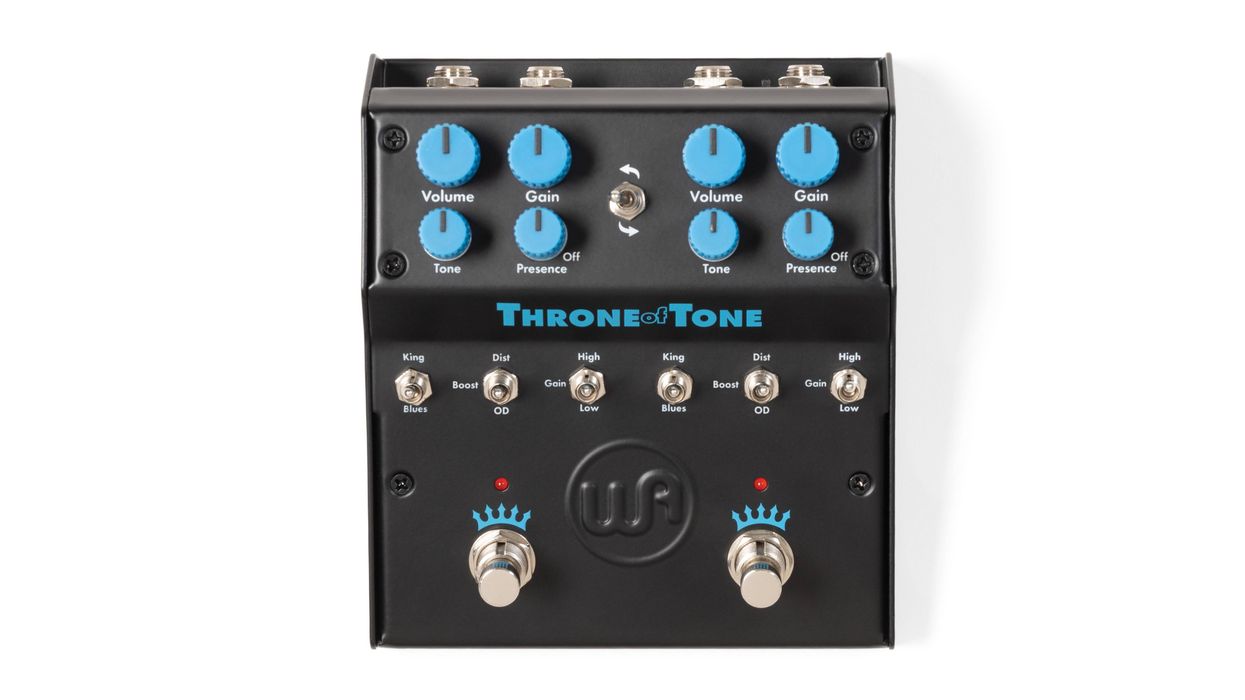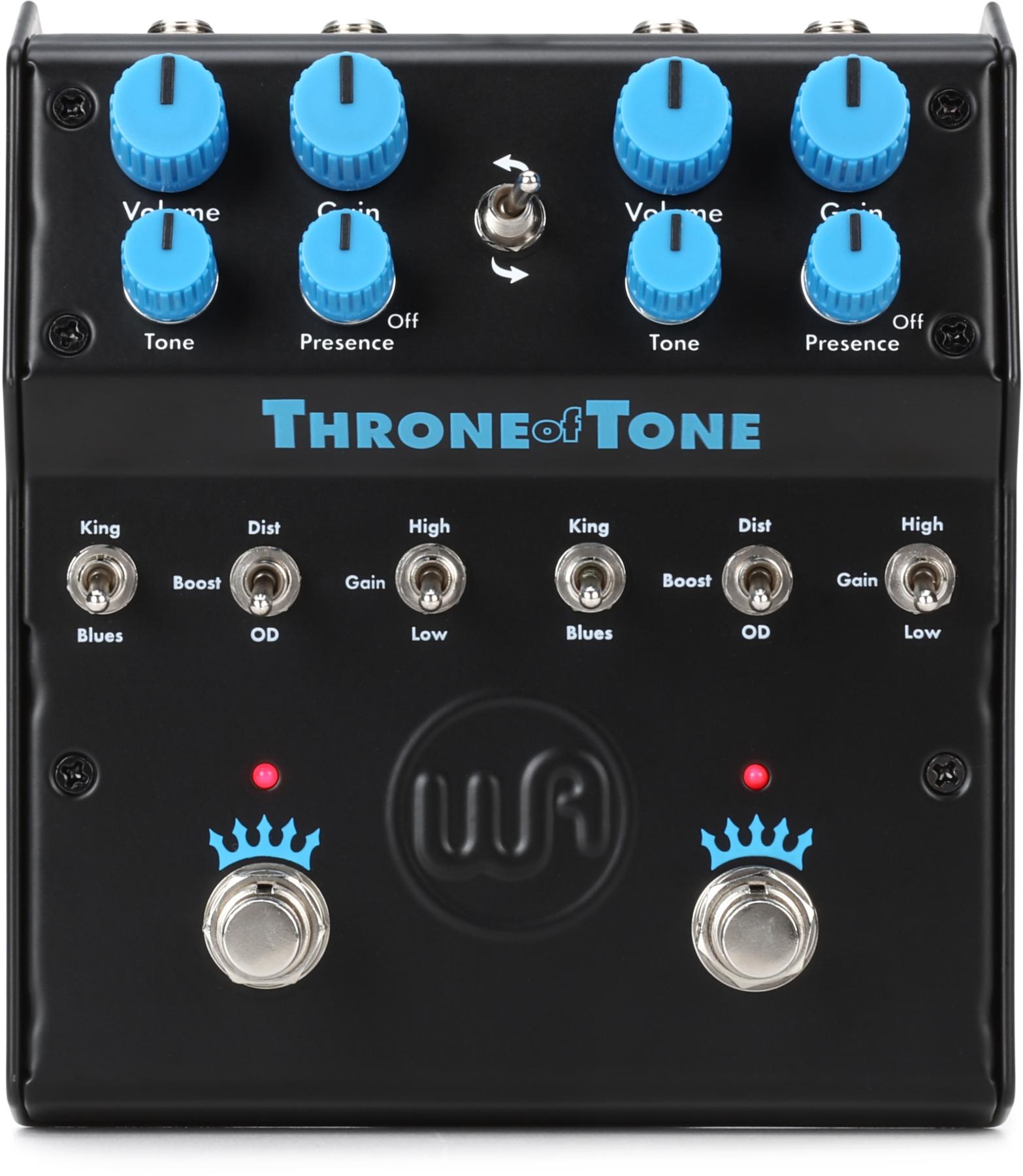I’m a sucker for fine tonewoods like Adirondack spruce, flamed maple, and Brazilian rosewood. I love traditional steel-string guitar construction and swoon for old Martins and Gibsons and new Collings and Santa Cruz guitars in all their wooden glory. So when I received a new RainSong CH-WS for review—built entirely from carbon and glass fiber—I felt a little out my comfort zone.
But it took just a minute with the CH-WS before I set aside my preconceptions about what a guitar should be and to understand why many players swear by carbon fiber instruments. The 12-fret CH-WS has a bold and confident voice, and satisfying resonance and response. It definitely performs as well as many all-solid-wood guitars I’ve come across at the same price—if not better. And, thanks to its carbon construction, it’s obviously one of the sturdiest guitars you can buy.
Building Forward
The CH-WS is a member of RainSong’s new Concert Hybrid Series, which also includes parlor and OM models.. It’s also the company’s most affordable line to date.
Our review guitar came in RainSong’s signature body shape, the WS. (RainSong also offers parlor, OM, jumbo, and dreadnought sizes for this style). The body is relatively small but deep—5” at its deepest—and is designed with projection and bass richness in mind. As with all the Concert Hybrid series, RainSong uses a less expensive carbon-and-glass-fiber mixture for the back and sides, which helps make the line more accessibly priced. The top, however, is made from super-strong carbon fiber exclusively, which accounts for the conspicuous lack of bracing. The bolt-on neck is made from carbon fiber, too. Tusq is used for the nut, saddle, and bridge pins.
Though I definitely prefer the look of a wooden guitar, there’s something appealing about the CH-WS’s minimalist, monochrome appearance. The carbon fiber itself reveals subtle attractive textures—most notably fine vertical “grain” that’s not worlds away from a spruce soundboard. The chevron pattern on the back, meanwhile, evokes the flamed maple cap of a Gibson Les Paul.
Ratings
Pros:Great sounding and easy to play. Excellent sonic balance. Ultra-tough carbon fiber construction.
Cons:
Can sound slightly less warm in open tunings.
Tones:
Playability:
Build/Design:
Value:
Street:
$1,499
RainSong Guitars CH-WS
rainsong.com
It’s hard to judge a carbon-fiber guitar by the usual standards of guitar craftsmanship. Because there’s no bracing or kerfing, the RainSong is a much simpler instrument. There’s no doubt, however, that it is well built, with smooth edges on the body, tip-top fretwork, and a perfectly notched nut and saddle. It feels light and balanced like the best traditionally built guitars. The instrument is incredibly rugged, too. I accidentally knocked its top against the corner of a desk—the sort of impact that probably would’ve left a nasty scar on a nitrocellulose lacquer finished wooden instrument, but there wasn’t even a hint of damage. Perhaps the only “flaw” I could find was the absence of the intoxicating aroma of a freshly made wooden instrument.
Brilliantly Balanced
The first thing that struck me playing the CH-WS is how sonically balanced the guitar is. Bass, middle, and treble output is even from string to string and between the lowest and highest notes on the fretboard. The guitar also exhibits excellent dynamic response to changes in strumming intensity and fingerpicking nuance.
Thanks in part to the deep body and 12-fret neck configuration, the CH-WS has plenty of low-end oomph. And though the guitar might not be an obvious choice for a traditional bluegrass musician, it sounded really lively when I played driving Carter-style rhythms. Flatpicked single-note lines also sound robust and well-defined, and it has headroom to spare if you have to tangle with a circle of D-28s. In open G and open C tunings, the CH-WS retains its crisp, articulate qualities. Fretted and open notes ring together beautifully, though I missed some of the warm overtones you typically hear from a solid mahogany or spruce top in these tunings,
The CH-WS comes with an L.R. Baggs Stage Pro Element pickup. Plugged into a Fender Acoustastonic amp with the pickup’s onboard controls set flat, the guitar sounds clear and detailed and you hear a very accurate representation of its unplugged personality.
The Verdict
Most acoustic guitarists are acquainted with the havoc that extreme changes in climate and humidity can wreak on their instruments, like shifting frets, lifting bridges, and warping necks. The RainSong CH-WS is virtually immune to these problems, and the reduced maintenance it requires will alone make the near-$1,500 price tag worth it for travelling and touring musicians. But with its rich, balanced sound and outstanding playability, RainSong’s CH-WS has the goods to convince wood purists of a great carbon fiber guitar’s many musical possibilities.
Watch the Review Demo:





